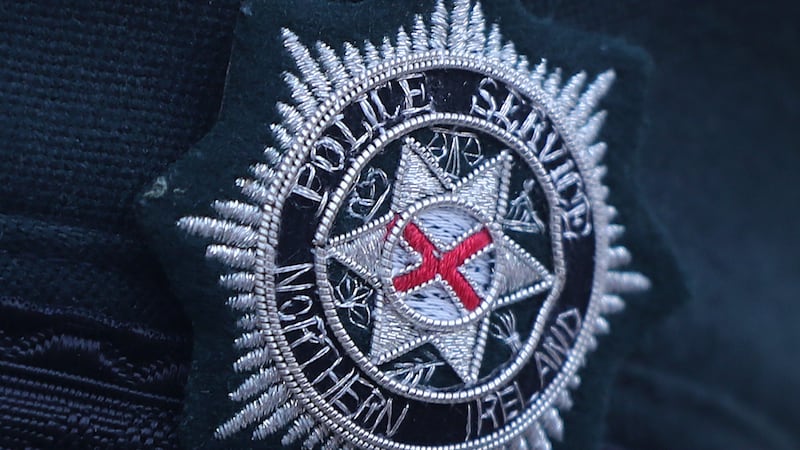A bouncer should have faced trial by jury for the alleged deliberate body-slamming of a vulnerable man outside a McDonald’s restaurant in Belfast, the High Court has heard.
Counsel for Gary Devlin claimed a decision by the Public Prosecution Service not to charge anyone over the incident was unlawful and unreasonable.
The 32-year-old was apparently knocked unconscious in November 2020 during the city centre altercation filmed and widely shared on social media.
Senior judges were shown footage of the encounter during his legal challenge to the no prosecution decision.
Patrick Lyttle KC, for Mr Devlin, argued that the security guard’s actions went well beyond reasonable self-defence.
“Having picked this man up he could have lowered him back down (and restrained him),” the barrister submitted.
“But there is more than sufficient evidence that he body-slammed this man onto the ground, almost head first.”
Mr Devlin is the son of Gerard Devlin, who was stabbed to death in a feud-related murder at the family’s home at Whitecliff Parade, west Belfast in February 2006.
Following a PSNI investigation into the incident at McDonald’s, the PPS decided not to bring any criminal charges.
That determination was upheld last year after a review of the evidential test for prosecution.
The PPS stressed that it carefully considered everything contained in a police report on two individuals in connection with the incident at the fast-food restaurant.
Seeking to have the authority’s decision quashed, Mr Lyttle claimed a failure to give adequate reasons and a breach of its code.
He told the court that the PPS had “second guessed” the views of any potential jurors rather than properly assessing if there was enough evidence to secure a conviction.
“There was a serious injury to someone who is vulnerable,” the barrister contended.
“When one looks at that footage there is no certainty (of a successful prosecution), but there is a reasonable prospect.
“That is the function of a jury, but the prosecution have usurped that function by coming to a conclusion.”
Tony McGleenan KC, for the PPS, insisted that its decision could only be quashed if found to be irrational.
“If we are in the territory of (the case) going either way on a prosecution, plainly that is an area of judgment,” he said.
Although he acknowledged the footage was difficult to watch, Mr McGleenan added that challenges based on the rationality of a prosecutorial determination rarely succeed.
“It is looking for something perverse (in the decision), and that is not this case.”
Reserving judgment on the application for judicial review, Lord Justice Horner pledged to give a ruling as soon as possible.


